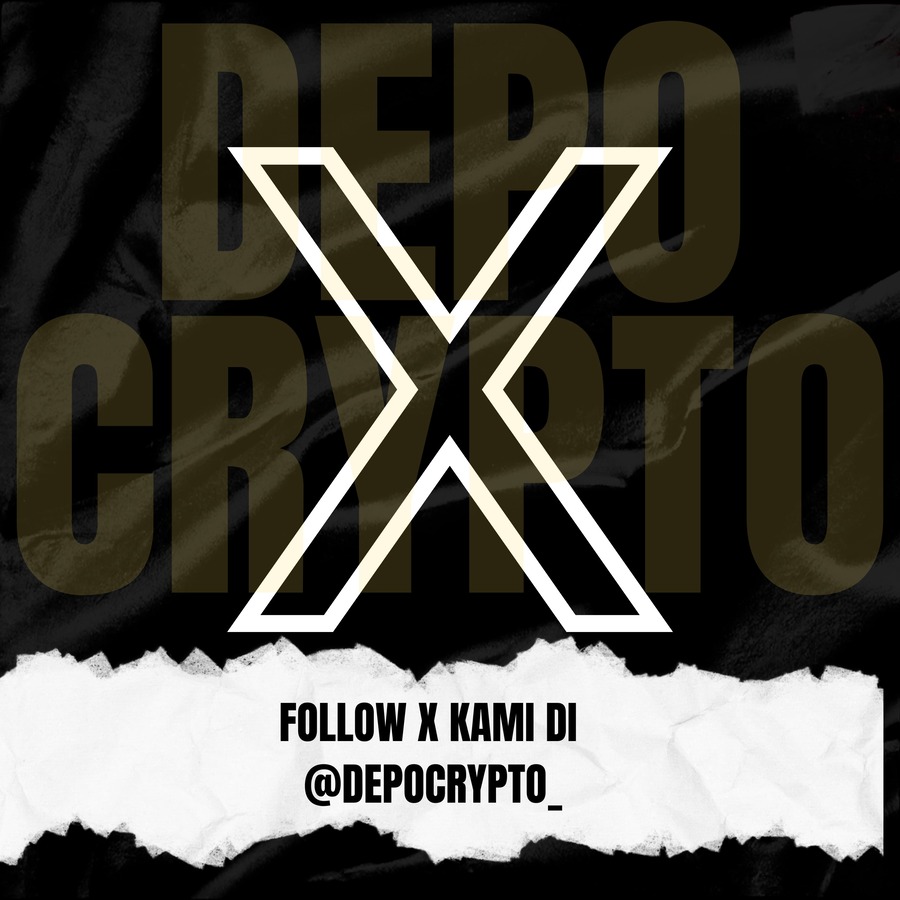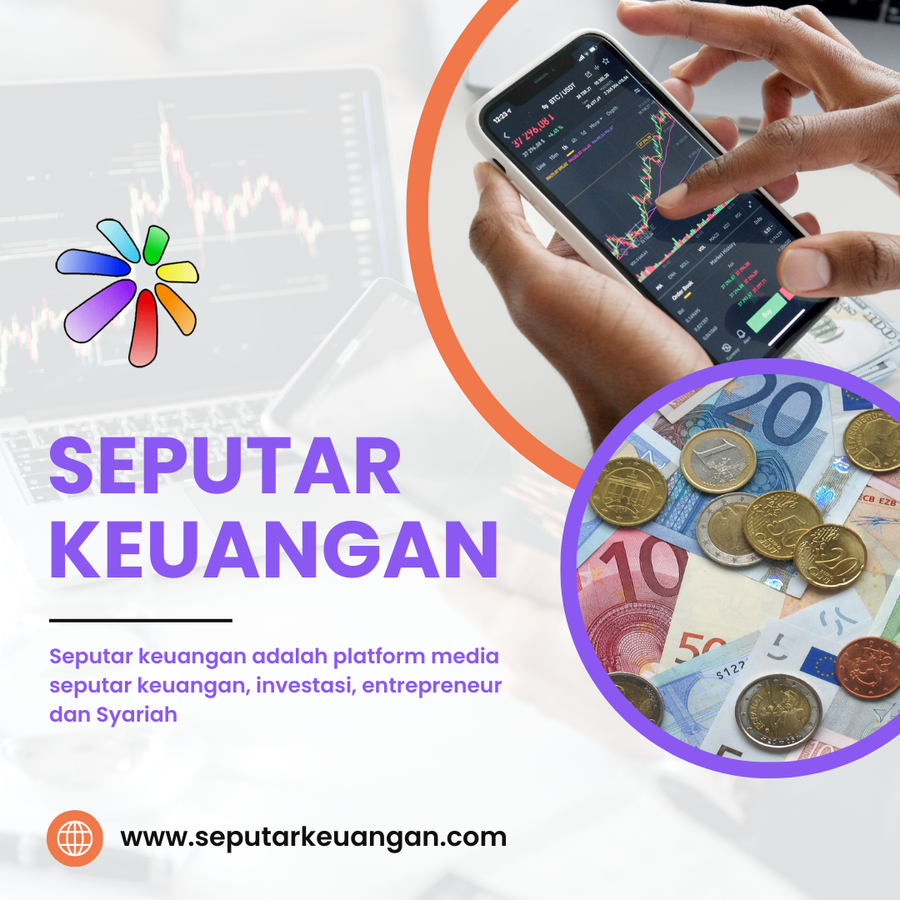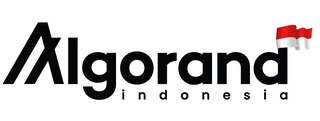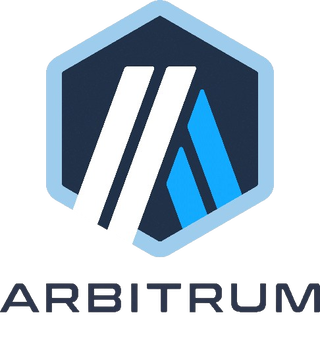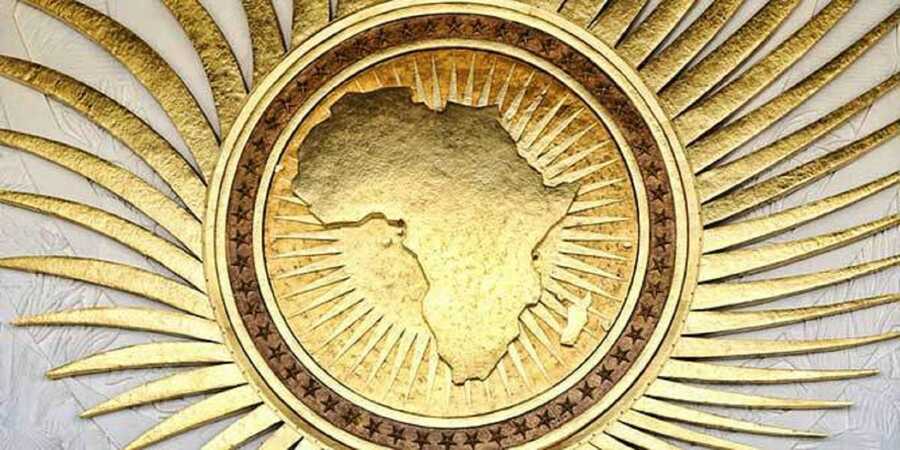
Africa Adopts Stablecoins Through IOTA to Unlock $70B Pan-African Trade Potential
AfCFTA and the IOTA Foundation Launch Stablecoin-Powered Digital Trade Initiative Across Africa
The African Continental Free Trade Area (AfCFTA) Secretariat and the IOTA Foundation have introduced a major digital trade initiative designed to modernize how goods move across Africa — with stablecoins positioned at the center of the transformation.
The initiative, called Africa Digital Access and Public Infrastructure for Trade (ADAPT), is developed in partnership with the Tony Blair Institute and the World Economic Forum (WEF). It will create a shared, open-source digital public infrastructure for all 55 African member states.
The goal is to enable:
- instant cross-border payments,
- verifiable digital trade documents,
- interoperable digital identities,
within a unified and secure digital ecosystem.
Although the initiative focuses on digitizing trade processes, those involved emphasize that stablecoins — particularly USDT — are expected to play a key role in driving adoption.
According to IOTA Foundation founder Dominik Schiener, the team has already solved the challenge of digitizing and authenticating trade documents. The next phase is trade finance. ADAPT will also support tokenization of physical assets such as commodities and critical minerals, and facilitate cross-border payments using stablecoins like USDT for real-world transactions.
The launch comes at a time when global regulatory clarity for stablecoins is rapidly improving. Over the past year, markets such as the U.S. and Hong Kong have taken major steps in defining regulatory pathways, boosting stablecoin payment volumes and expanding institutional acceptance.
For many African governments, this presents a chance to leapfrog outdated financial systems and adopt modern stablecoin-based payment rails that are increasingly becoming global standards.
Africa’s traders currently face around $25 billion in annual payment transaction fees, while document fraud contributes billions more in losses. Trade logistics also remain highly manual — one shipment may require 30 entities and 240 paper documents. In Kenya, border officials previously had to log into 13 different systems just to verify a single consignment.
However, pilot deployments of IOTA’s technology in Kenya and Rwanda have already shown strong results:
- Kenyan exporters save about $400 per month on printing and documentation costs,
- freight forwarders have cut manual paperwork by up to 60%,
- border clearance times have dropped from six hours to around 30 minutes,
- and Kenya now records around 100,000 transactions per day on IOTA’s distributed ledger.


